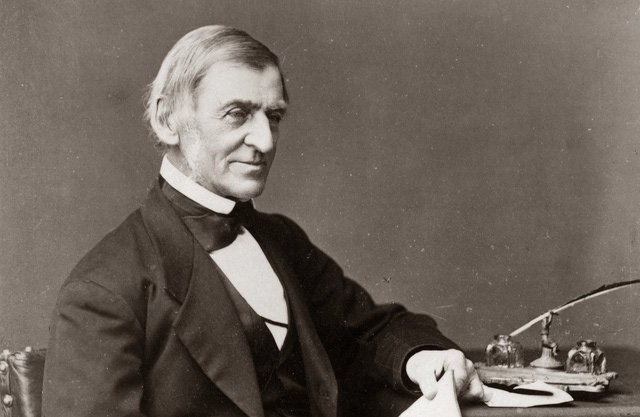The Bhagvad Gita is one of the most widely respected Hindu scriptures in existence and has been a source of inspiration for many, many people. Written in Sanskrit, its 700 verses are often quoted by many great personalities who believe that the Gita has been a guiding force in their lives. The scripture, which is often referred to as a way of life, is way more than just a religious text. It has been translated in more than 80 different languages, with its influence spanning across boundaries and countries and has become a staple in philosophical discussions and the like.
Here are 8 great personalities and here’s how the Bhagvad Gita influenced them:
1. Henry David Thoreau
The noted American poet, author, and philosopher, was deeply influenced by Indian philosophy and spiritual thought. In his noted book titled Walden, he referenced the Bhagvad Gita in many instances. In the very first chapter of the book he writes:
“How much more admirable the Bhagvad Gita than all the ruins of the East.”
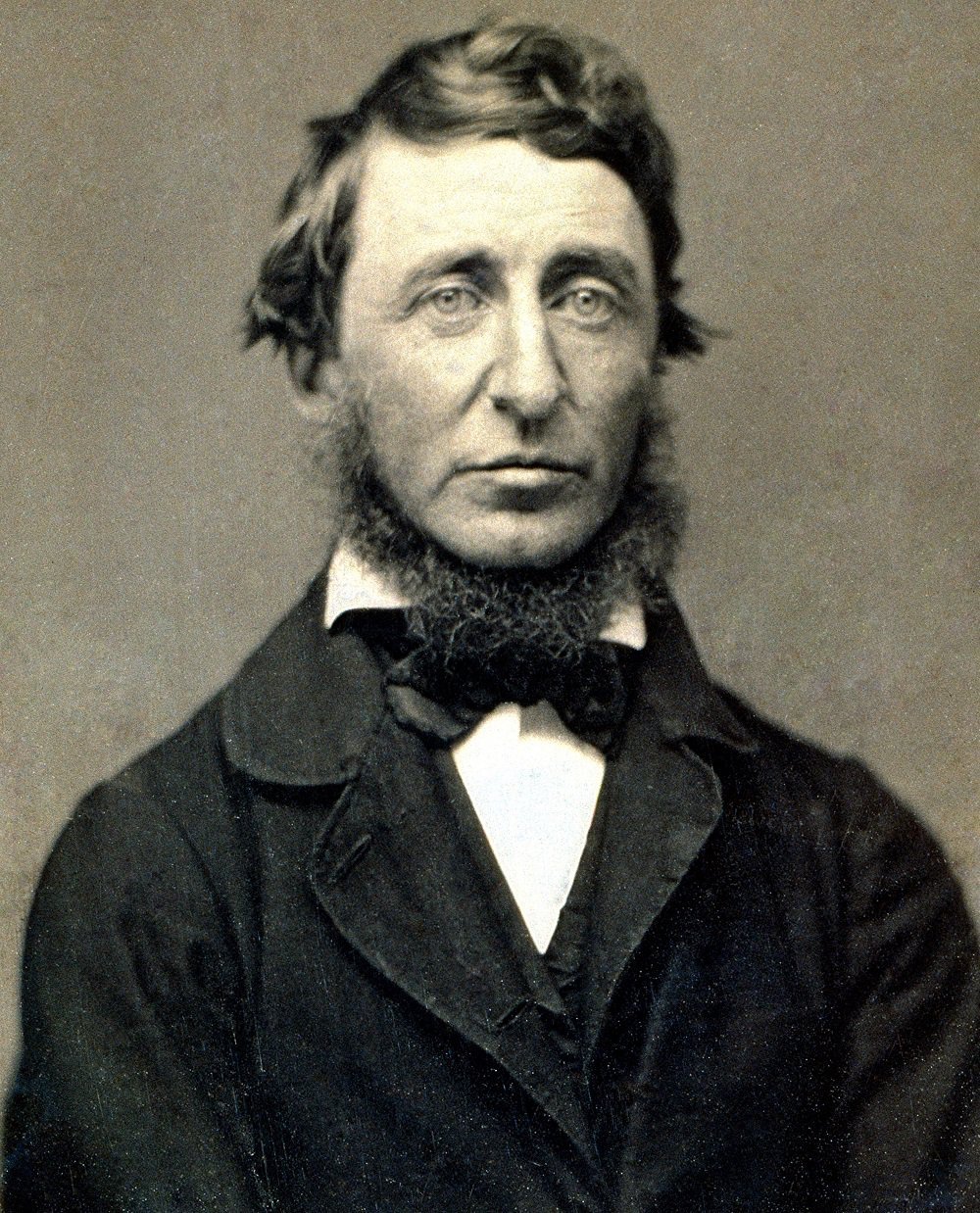
2. J. Robert Oppenheimer
The American theoretical physicist, Oppenheimer is known as the father of the atomic bomb and was involved in the atomic bombings of Hiroshima and Nagasaki, in Japan, during the second World War. He had read the Bhagvad Gita in Sanskrit and remarked that while witnessing the first atomic bombing, he was reminded of the words from the Bhagavad Gita, where Krishna persuades Arjuna to do his duty. He said:
“Now I am become Death, the destroyer of worlds.”
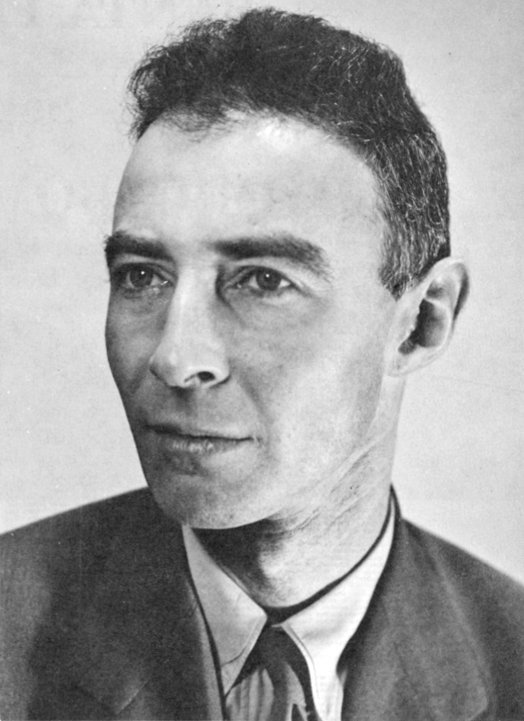
3. T. S Eliot
Indian philosophy had a huge influence on this American poet, who had studied Indian philosophy and Sanskrit during his days in Harvard, from 1911 to 1914. In his poem titled The Dry Salvages, Eliot mentions the conversation between Krishna-Arjuna, from the Bhagvad Gita, to depict a connection between the past and the future, and to emphasize that one needs to follow divine will, rather than seek personal gains. As the famous lines from his poem reads:
You who came to port, and you whose bodiesWill suffer the trial and judgement of the sea,Or whatever event, this is your real destination.”So Krishna, as when he admonished ArjunaOn the field of battle.Not fare well, But fare forward, voyagers.
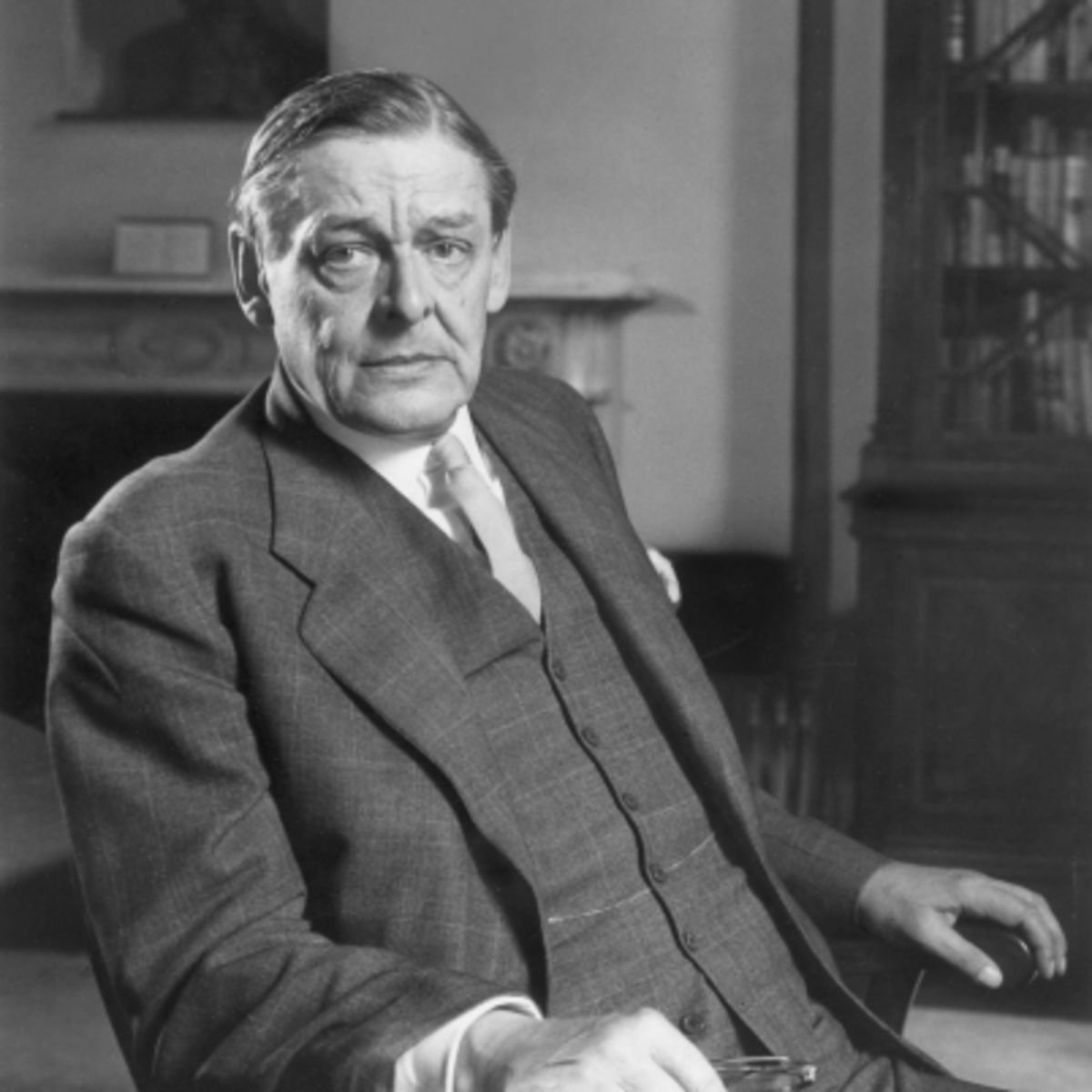
4. Sunita Williams
The American astronaut, with Indian roots, holds the record for longest spacewalk time for a woman. When she was heading out on her expedition as a member of the International Space Station (ISS), she carried a Ganesha idol and a copy of the Bhagvad Gita with her in the space. In her words:
“Those are spiritual things to reflect upon yourself, life, the world around you and see things the other way. I thought it was quite appropriate.”
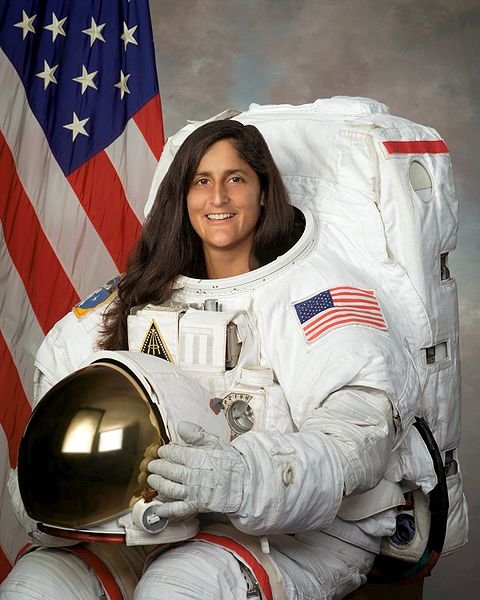
5. Philip Glass
The American composer who’s often referred to as one of the most influential musicians of the late 20th century cited the Bhagvad Gita in one of his works. He composed an Opera, titled Satyagrah, which is loosely based on the life of Mahatma Gandhi and contains text from the Bhagvad Gita that is sung in Sanskrit during the performance.

6. Annie Besant
The Irish socialist, Theosophist, and women’s rights activist, who supported Indian home-rule during the struggle for independence was also interested in reading about Indian philosophy. Her translated work of the Bhagavad Gita is titled The Lord’s Song. The text from her book reads:
“That the spiritual man need not be a recluse, that union with the divine life may be achieved and maintained in the midst of worldly affairs, that the obstacles to that union lie not outside us but within us—such is the central lesson of the Bhagvad Gita.”

7. Warren Hastings
The first governor of Bengal and the first Governor-General of India strongly supported Charles Wilkins, the English typographer and orientalist who translated the Bhagvad Gita in English. It is said that Warren Hastings handed over a copy of the Bhagvad Gita, translated by Wilkins, to the chairman of the East India Company, and said that:
“A performance of great originality, of a sublimity of conception, reasoning and diction almost unequalled, and single exception among all the known religions of mankind.”
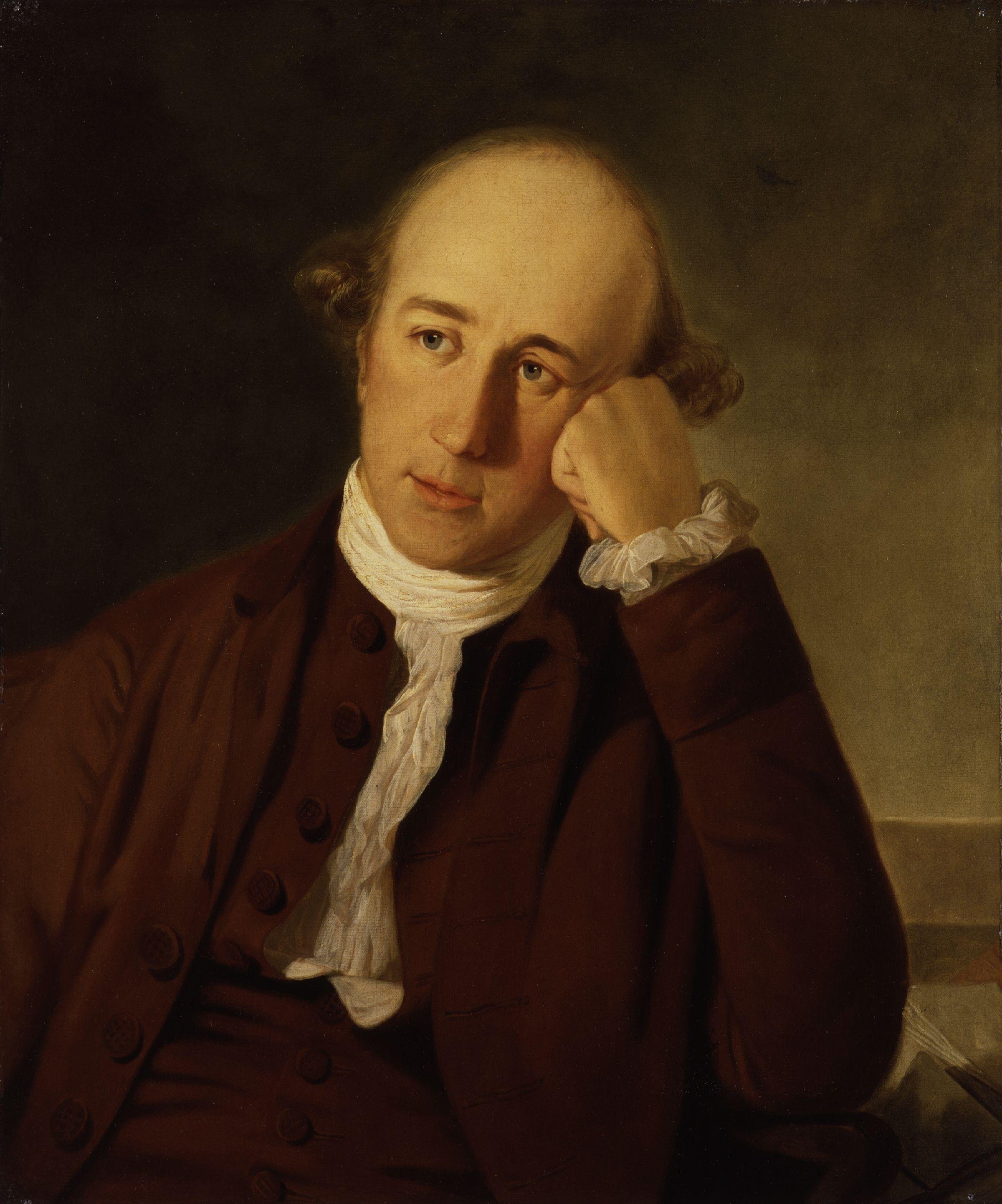
8. Ralph Waldo Emerson
The popular American essayist, lecturer, and poet of the mid-19th century was introduced to Indian philosophy while reading the works of French philosopher Victor Cousin. His words about the scripture are:
“I owed a magnificent day to the Bhagavad Gita. It was as if an empire spoke to us, nothing small or unworthy, but large, serene, consistent, the voice of an old intelligence which in another age and climate had pondered and thus disposed of the same questions which exercise us.”
